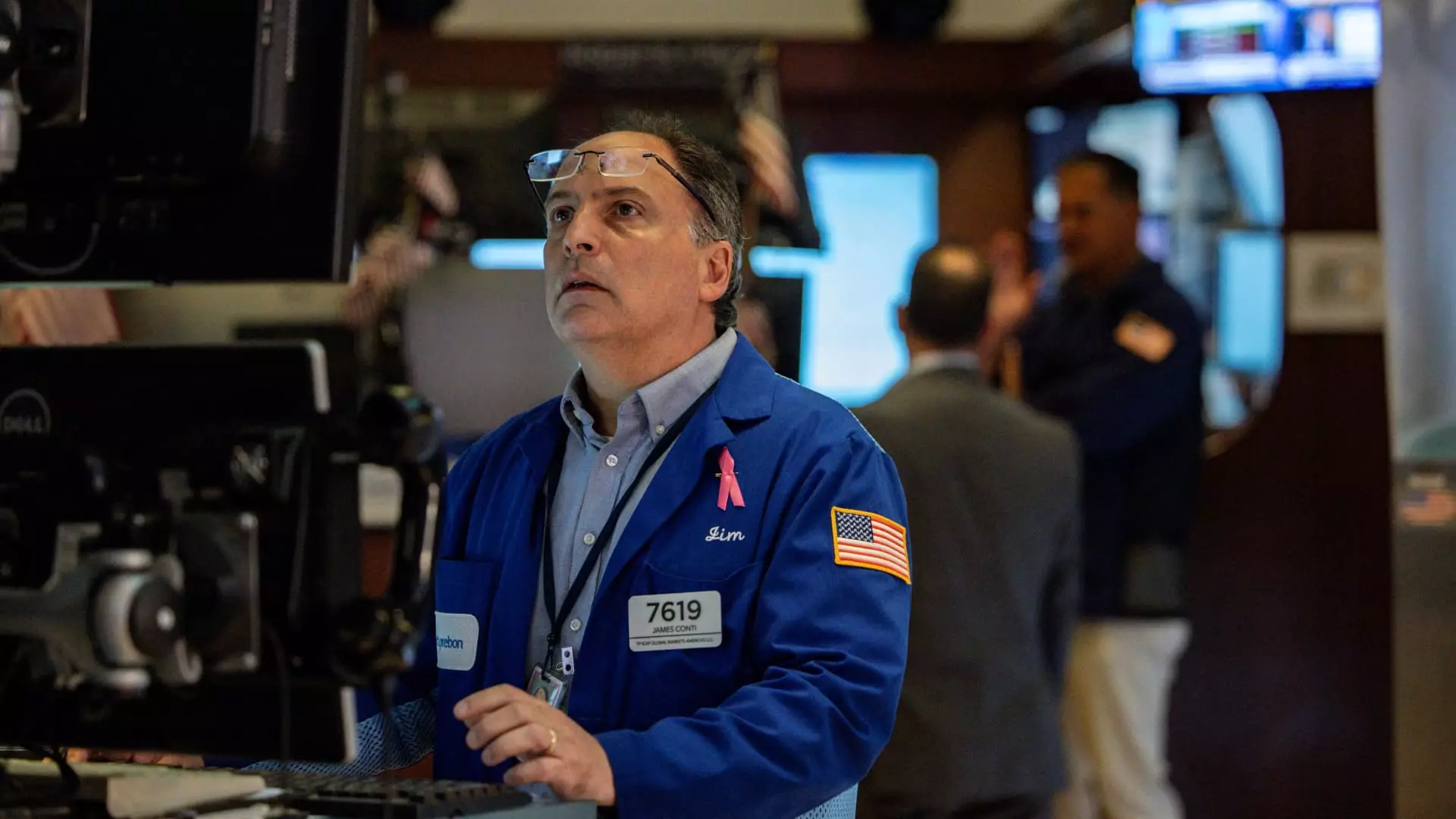The recent volatile decline in stock markets signals a deeper unease about the trajectory of global trade policies. While markets experienced a fleeting surge following a record high on the S&P 500, the subsequent announcement of aggressive tariffs by President Trump, especially targeting Canada, has unveiled the fragile underpinnings of investor confidence. These moves reflect a deeply unsettling trend: policymakers driven by protectionist instincts are undermining the global economic harmony that has, until now, supported steady growth. This shift from cooperation to confrontation is not only short-sighted but perilous, risking the kind of economic chaos that can extend far beyond the immediate scope of tariffs.
What is particularly troubling is how such aggressive trade measures are justified under the guise of national security and combating illicit activities like fentanyl trafficking. However, this rationale obscures a strategic overreach that risks escalating into a broad trade war. Instead of a nuanced approach, the U.S. is opting for blanket tariffs—an ineffective and blunt instrument that ultimately penalizes consumers and businesses indiscriminately. The narrative pushed by officials like Trump, claiming the tariffs are “very well-received,” dismisses the empirical evidence of market reactiveness: sharp drops and heightened volatility are clear indicators that markets recognize these policies as threats rather than opportunities.
Market Resilience or Illusion?
The brief optimism seen earlier in the week, when markets hit new highs, was built on the illusion that economic fundamentals could withstand contentious trade disputes. Yet, underneath this veneer lies growing skepticism. Investors appeared willing to look past the risks during Thursday’s session, buoyed by hopes that negotiations or diplomatic backchannel efforts might contain the escalation. But the reality is that these hope-driven rallies are increasingly fragile, and the recent official tariffs on vital commodities like copper—laden with geopolitical implications—are a sign of a recklessly divided economic bloc.
Such knee-jerk reactions from policymakers threaten the foundations of a balanced economic approach—one rooted in strategic diplomacy and mutual benefit rather than unilateral protectionism. The absence of clarity on tariffs against the European Union accentuates this uncertainty, with markets left guessing whether further escalation is imminent or if negotiations are even a priority. This lack of transparency breeds anxiety among investors, as they struggle to differentiate between tactical negotiations and reckless overreach.
The Political Economy of Fear and Protectionism
The surge of tariffs, especially the looming threat of increased duties across a broad spectrum of countries, signifies a retreat from international cooperation. It reveals an alarming adherence to a zero-sum mentality—ironically at a moment when economic interdependence has rarely been more intricate and vital. Such policies prioritize short-term political gains over long-term economic stability, exposing the fallacy that protectionism can serve as a sustainable strategy in a globalized economy.
From a center-left liberal perspective, this rise in protectionist rhetoric is particularly troubling. It risks undoing decades of progress in diplomatic relations and economic integration, which have historically fostered innovation, higher living standards, and global stability. The bluster of tariffs and threats of retaliation don’t merely threaten trade; they threaten the very fabric of international cooperation. These aggressive tactics ignore the fundamental truth that economic policies should be crafted with a focus on balance, mutual benefit, and diplomatic engagement, rather than brute-force measures that foster division and uncertainty.
In sum, the volatile swings in market performance reflect a broader malaise—a warning that we are operating in an era where rhetoric often outruns rational policy. The push for tariffs and border measures serves only to sow discord and instability, jeopardizing the economic well-being of countless individuals and future generations. Policies rooted in cooperation, transparency, and respect for international norms are essential if confidence in the economy is to be restored. Instead, what we see is a reckless gamble with global markets—one that undercuts the very stability the markets rely upon.

Leave a Reply